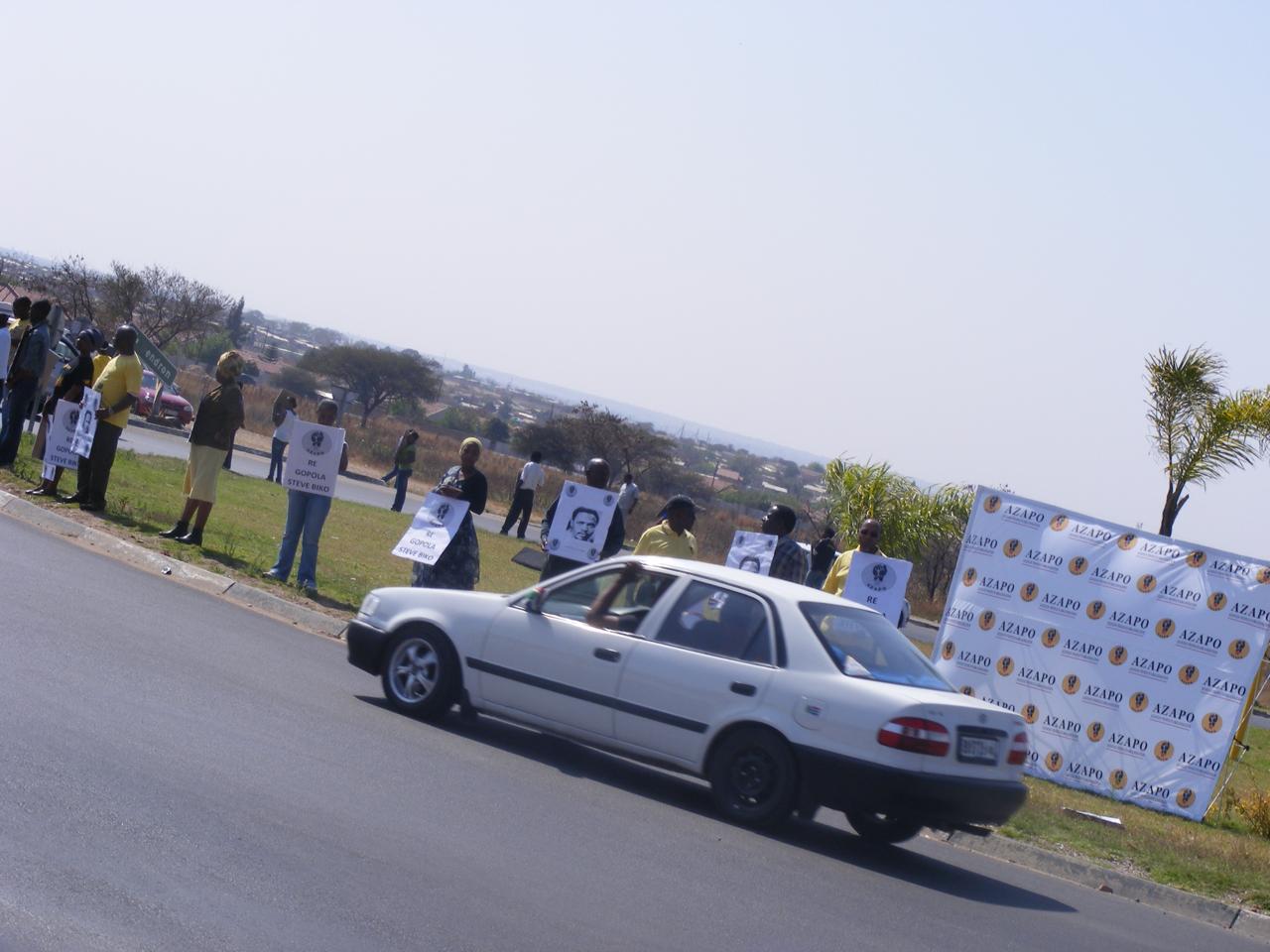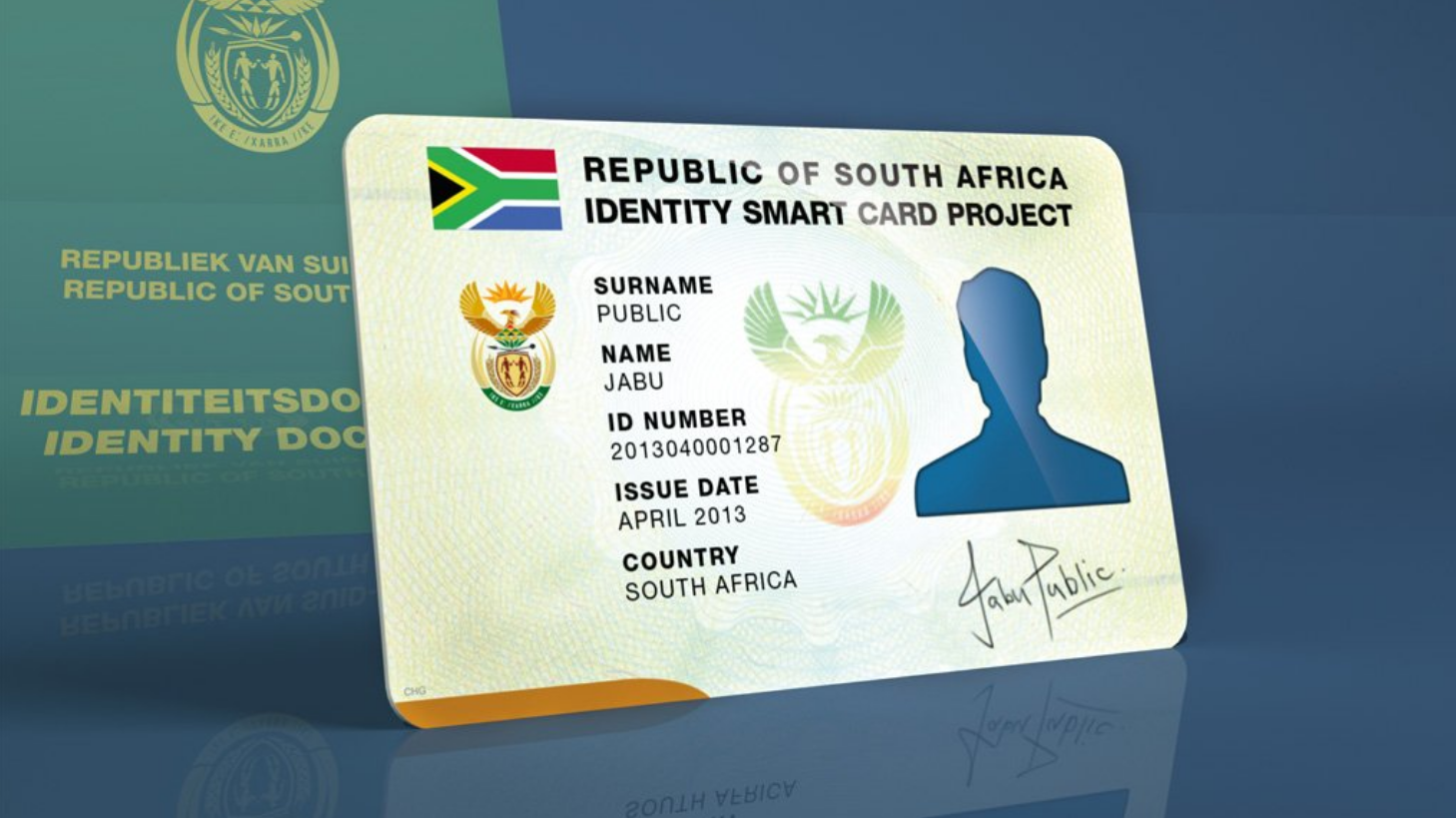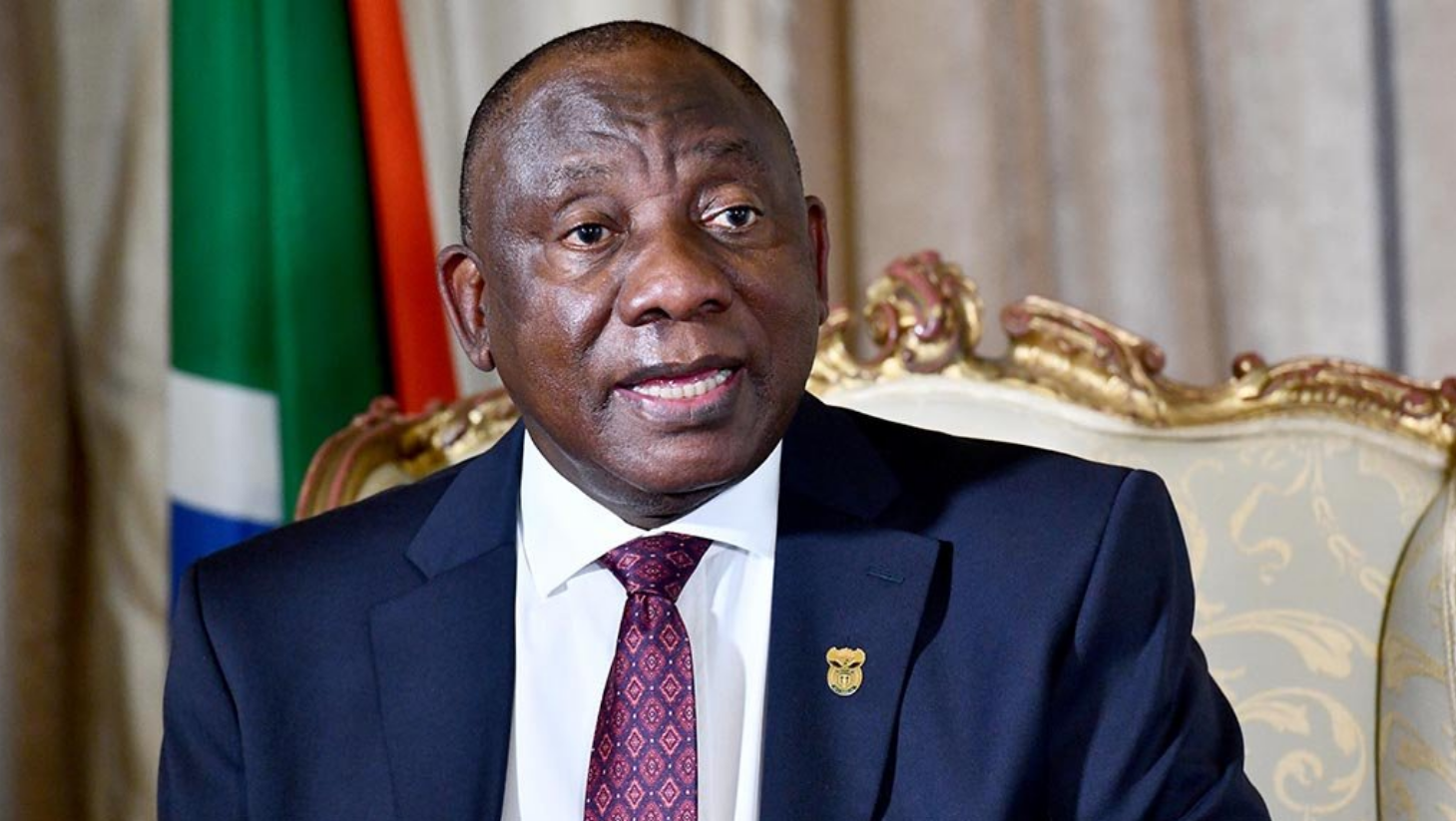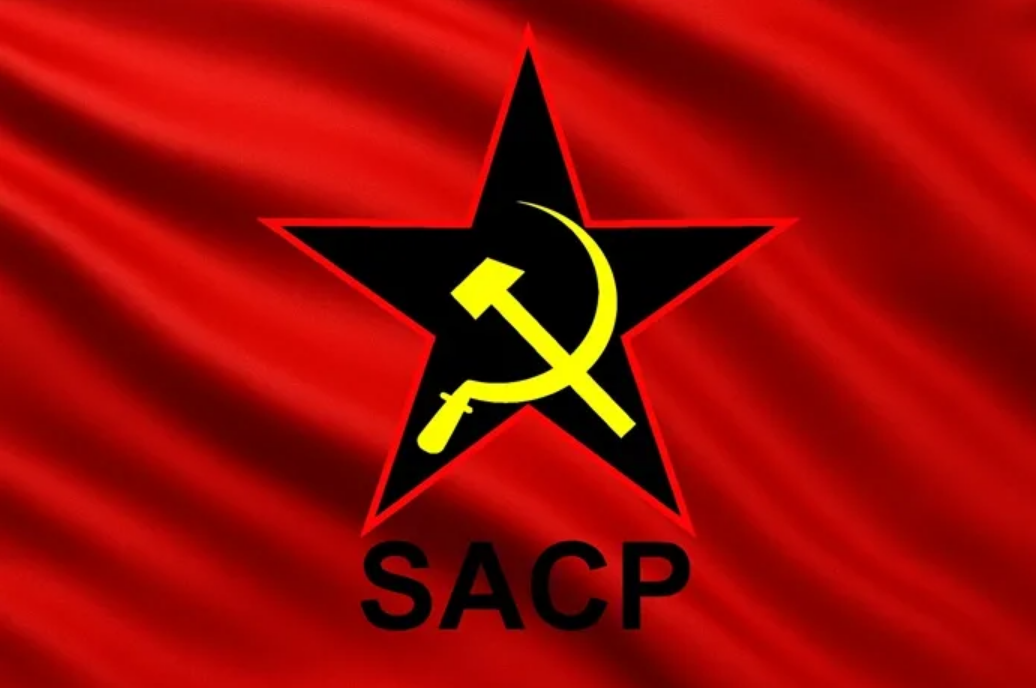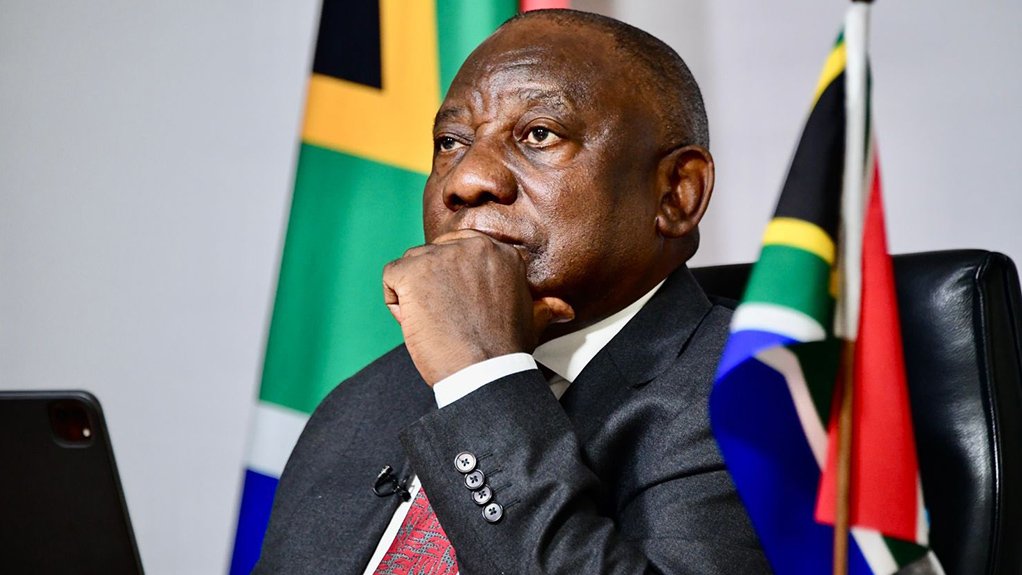By Montsho Matlala
South Africa — This month marks the 48th anniversary of the death in detention of the fiery founder of the Black Consciousness philosophy, Steve Biko, who was only 30 when he died naked inside a cold police cell in Pretoria, to the satisfaction of apartheid regime police officers who had tortured him severely.
A medical student at the time, he founded the South African Students’ Organisation (SASO) in 1968 at most black universities and served as its first president. SASO promoted the interests of black students and fought against apartheid policies.
He preached the Black Consciousness (BC) philosophy to students, workers, and ordinary people in the late 1960s to empower black communities, promote self-reliance, pride in African culture, and resistance to apartheid.
Is his role in the emancipation of black people from institutionalised apartheid shackles, as well as his Black Consciousness philosophy, still resonating with today’s youth?
“Indeed, once young people encounter the Black Consciousness (BC) philosophy there is no turning back. The EFF is using snippets of BC to capture its youthful membership.
“But while we can all speculate about what Biko would have done, one thing is certain: the BC philosophy remains steadfast as the northern star in its ability to give direction and inspire black people,” says AZAPO Secretary for Youth Affairs, Lwando Zweni.
With regard to the Black Consciousness philosophy and the Fees Must Fall student campaigns, Zweni believes the protests are about more than exorbitant fees charged by institutions of higher learning.
“Fees Must Fall campaigns talk about the content and output of the curriculum, and the desire to Africanise the system and imbue it with our culture so that it resonates,” he explains.
Refiloe Mathe (21), a student at Capricorn TVET College, Seshego campus in Capricorn District, Limpopo, says that although Biko died long before she was born, she has heard about his heroism in liberating the minds of black people.
“To me, a liberated mind means gender equality. I believe Biko was a proponent of gender equality and the empowerment of women. During his activism in the 1970s, the Black People’s Convention (BPC), the community-based political movement he established, elected one of the courageous heroines of the time, Mme Winnie Kgware, as its president,” Mathe points out.
Lazi Maleke (19), a student at Sekhukhune TVET College, also in Limpopo, says that since the BC philosophy encourages self-reliance and collective cultural pride, there would be no space for gender-based violence (GBV) in a nation that values itself as black people first.
“Basically, almost all black people respect women. Moving with the times, I believe that under Biko’s presidency today, no female or male would suffer from negative stereotypes because of gender. Corruption in government would be taboo in a nation that loves itself and is self-reliant,” Maleke says.
But according to Zweni, there is still a gap in growing BC towards everlasting sustainability.
“One thing that AZAPO, as the custodian of BC philosophy, has failed to do thus far is to capture and shepherd the youth beyond institutions of learning. There are many young people in workplaces and elsewhere who have encountered BC but are lost, not organised into formal structures. The Azanian Youth Organisation (AZAYO) and the Azanian Student Convention (AZASCO) are working together to remedy this anomaly.”
Biko was born on 14 December 1946 in Tarkastad, Eastern Cape. In 1966, he enrolled in Medicine at the University of Natal, KwaZulu-Natal, where he became highly politicised and rose to become the most popular leader of black anti-apartheid students nationwide. Apartheid police, who had been monitoring him for some time, captured him in Grahamstown in August 1977 and kept him naked under severe beatings and torture.
On 11 August of the same year, police officers all white bundled him into the back of a police van, still shackled and naked, and drove him more than 1,000 km to Pretoria. Biko died the following day, still in chains and without clothes on his body.
At the time, police claimed he had fatally injured himself by hitting the walls in detention. Apartheid authorities further ruled that police officers had caused him no harm, despite widespread local and international outcry about foul play.


